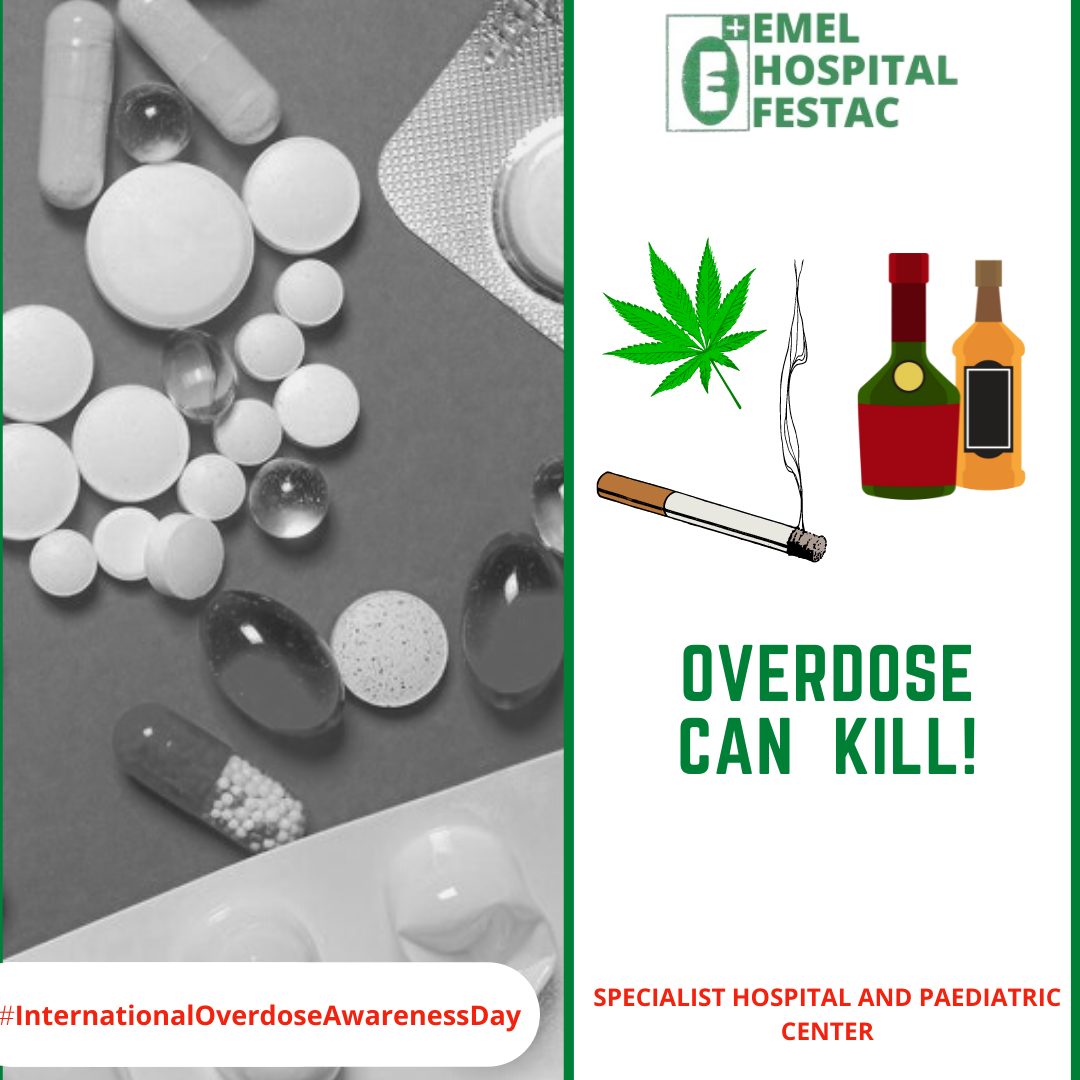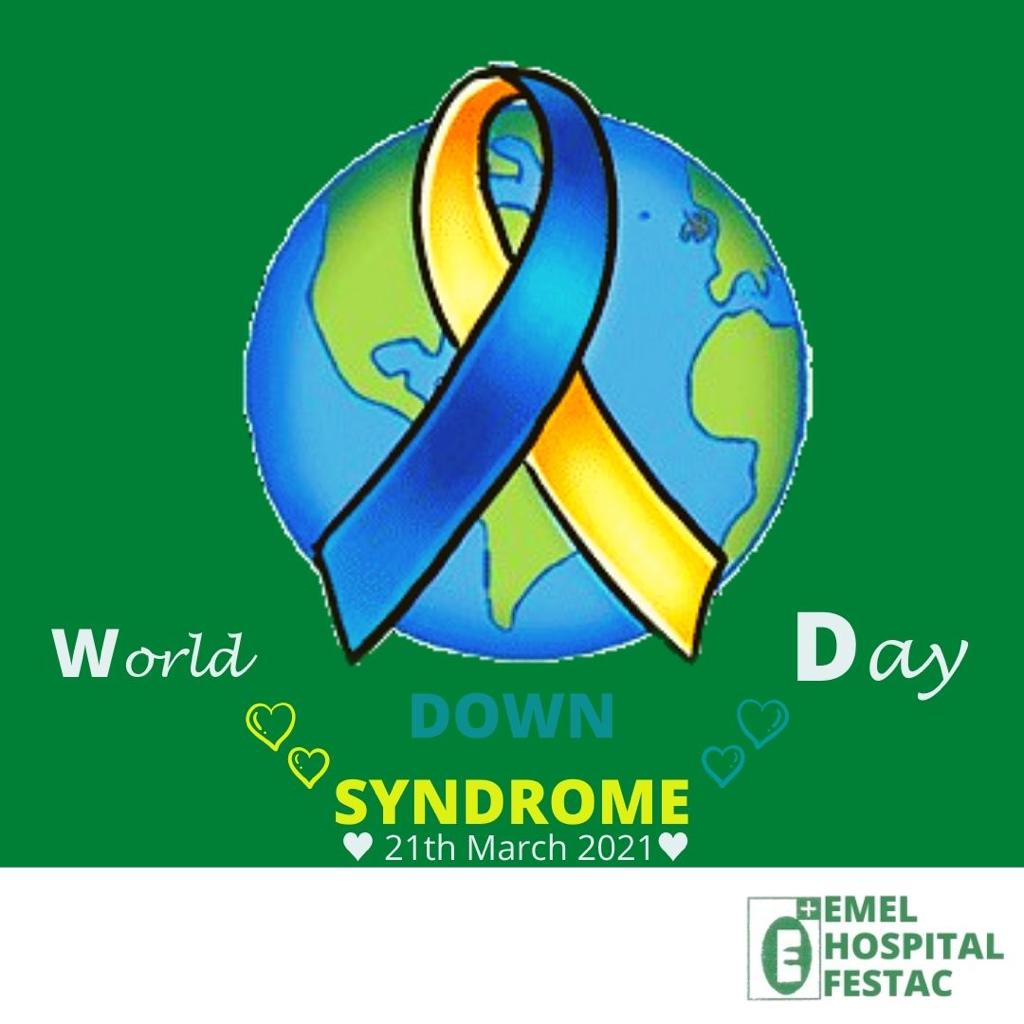Tuberculosis (TB) is an infectious disease caused by the bacteria Mycobacterium tuberculosis. TB can affect any part of the body, but it most commonly attacks the lungs. TB spreads through the air when a person with active TB disease coughs, sneezes, speaks, or sings. It is important to take steps to prevent the spread of TB and protect yourself and others from infection. In this article, we will discuss some preventive measures you can take to reduce the risk of contracting TB.
Get vaccinated: The Bacillus Calmette-Guerin (BCG) vaccine is a vaccine that can protect against TB. The vaccine is most effective in preventing severe forms of TB in children, such as TB meningitis. However, it is not 100% effective and does not protect against all types of TB. In some countries, the BCG vaccine is given to infants as part of routine immunization.
Practice good respiratory hygiene: TB is spread through the air, so it is important to practice good respiratory hygiene. Cover your mouth and nose with a tissue when you cough or sneeze. If you don't have a tissue, cough or sneeze into your upper sleeve or elbow, not your hands. Discard used tissues immediately in a closed bin.
Maintain good ventilation: TB bacteria can thrive in enclosed spaces with poor ventilation ND can be easily spread in such environments. To reduce the risk of transmission, ensure that there is good ventilation in your home, workplace, and other enclosed spaces. Open windows and doors to allow fresh air to circulate.
Practice good hygiene: TB can be spread through contact with the bodily fluids of someone with active TB disease. To reduce the risk of infection, practice good hygiene. Wash your hands frequently with soap and water, especially after coughing, sneezing, or being around someone with TB.
Avoid close contact with people who have active TB disease: If you know someone with active TB disease, avoid close contact with them until they have been told they are no longer capable of spreading the germ. This includes avoiding sharing personal items like utensils, towels, and bedding.
Get tested for TB: If you think you have been exposed to TB or have symptoms like a persistent cough, fever, night sweats, and weight loss, get tested for TB. Early detection and treatment can help prevent the spread of TB and improve your chances of full recovery.
In conclusion, TB is a serious and potentially life-threatening disease. However, by taking simple preventive measures, you can reduce your risk of contracting TB and protect yourself and others from infection. Remember to get vaccinated, practice good respiratory hygiene, maintain good ventilation, practice good hygiene, avoid close contact with people who have active TB disease, and get tested for TB if you have been exposed or have symptoms




.png)


